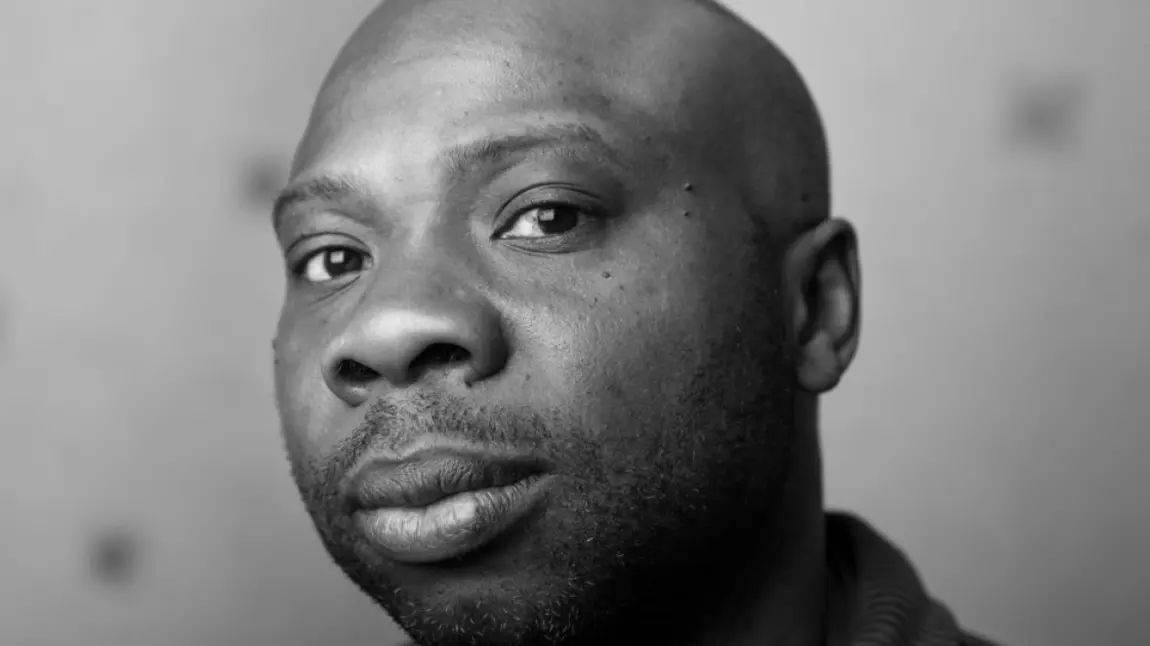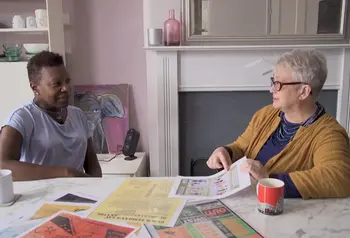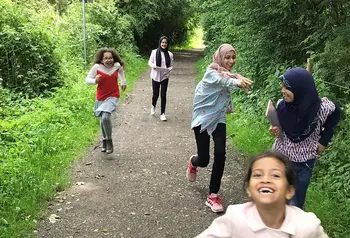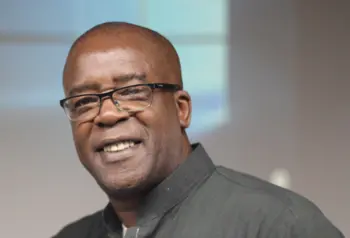Pam mae angen i ni ddweud straeon sydd heb eu hadrodd

I grew up in Queen’s Park, Bedford. When I flash back to that time, I open my front door and take in a smorgasbord of scents – herbs, spices, fruits and flowers – floating on the breeze.
There was a mosque situated in a Tudor striped mansion on a bustling main street. Fifty metres along, a bustling gurdwara (a Sikh place of worship). Across the road, curtains of dried meat and curling herbs outside the Italian deli. Rows of independent shops where food from every corner of the world could be bought and all the languages of the Empire spoken.
But back then I wasn’t as aware of all this. Thrown together, for us largely British-born kids, deprivation was a unifying experience. If my memory serves me correctly, much of my middle school class received free school meals.
Ar goll o'r stori
But worst of all we had no script, no explanation, as to why we – or rather, our parents – found themselves in the discarded parts of the city, working hours that made ghosts of our mothers and fathers.
Without that story, inevitably, we turned upon ourselves.
Where were our stories? Not the romanticised versions of homelands that we rarely, if ever, visited, but our second generation Black, Brown, Irish and Italian stories? Not in our school books, not on television, not in our newspapers.
We were not the kings and queens, the Gladstones and Disraelis we read about. We had the paper-thin pride of the people at the bottom.
Where were our stories? Not the romanticised versions of homelands that we rarely, if ever, visited, but our second generation Black, Brown, Irish and Italian stories? Not in our school books, not on television, not in our newspapers.
The diversity of the UK is not a new phenomenon. We have never been entirely white or heterosexual or male or able-bodied or English, Irish or Scots speaking.
The heritage industry and history scholarship have simply just not cared enough about the lives of those who were thought to have little agency in the fast-flowing river of history.
We have privileged the stories of monarchs and ministers over the lives of ‘us’. We have narrowed and neglected the complexity of the UK's story.
But things are changing, slowly.
Datgelu hanes
The upsurge of interest in social history has uncovered the richness of working class, women, queer, Black and Brown histories. These are being seen in projects such as Haringay Vanguard, Ujima Radio's Youth Project - Dubplate to Dub-step and Bristol Museum's Myths, Facts, Feelings, Bristol and the Transatlantic Slave Trade.
Memoirs of a Black Englishman by Paul Stephenson and Lilleith Morrison gives a first-hand account of The Bristol Bus Boycott and details Stephenson's lifetime of campaigning for civil rights for the British African-Caribbean community in Bristol.
The role of the heritage sector is uniquely vital at this point in time. Either through initiating or co-producing projects with community partners, our sector has the opportunity to spread research skills where it is arguably most needed and most impactful.
Diversity does not belong to the ‘woke’, it is merely a recognition of our past.
But what we mean by knowledge, experts and research has been diluted to the point of meaninglessness. Identity has once again become a national football, a distraction used by all sides of the political spectrum.
The role of the heritage sector is uniquely vital at this point in time. Either through initiating or co-producing projects with community partners, our sector has the opportunity to spread research skills where it is arguably most needed and most impactful.
That’s why my project, Art of Resistance needed to involve lots of Bristol's voices. The People’s Republic of Stokes Croft gave unprecedented access to a network of activist artists and audiences – each with their own unique stories. Activist poet Deasy Bamford recounted Bristol’s green activism over the past three decades and artist Rosa Truelove helped us to understand the innate creativity of squat culture.
All have helped to build up the stories of inner-city Bristolians and the past 100 years of social activism, protest and civil disobedience.
Ein holl dreftadaeth
I wonder what more is yet to come. Speaking of my own town: perhaps a history of Rastafari in Bristol, a history of second-generation Somali settlers, a history of gig economy drivers, the story of ‘how yoga came to Bristol’.
We are, then, still on the cusp of uncovering the richness of British history. Only by recognising the importance to our communities – local, UK-wide, and international, present and future – can we tell a deeper, wider story of the UK.
We cannot tell the story of the lord of the manor without the story of their staff. We cannot know the story of Black and Brown migrants without knowing the story of those White working-class men and women with whom they lived and worked.
We cannot know the story of sex work without the story of the men who paid for it. We cannot know the history of queer communities without knowing the complex network of friends and allies who kept secrets.
We are, then, still on the cusp of uncovering the richness of British history. Only by recognising the importance to our communities – local, UK-wide, and international, present and future – can we tell a deeper, wider story of the UK.
The National Lottery Heritage Fund has made it possible for me to unearth some of our hidden stories. If you want to do the same, quite simply: apply.
When I look back to my time in Queens Park, I feel a little sadness, wishing I had known what I came to discover decades later. I had always been here. I had always belonged. I was just waiting to be written.


